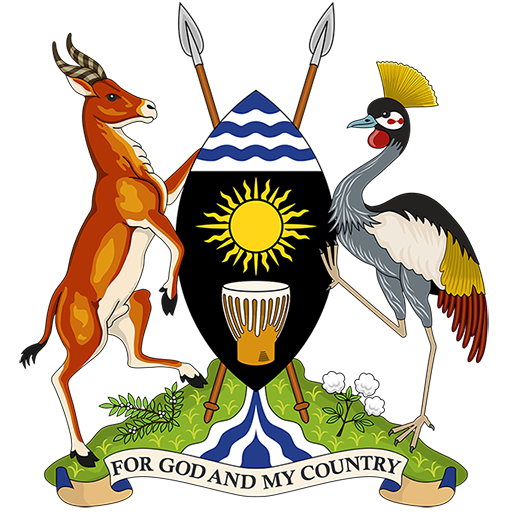
Service Delivery Excellence
+256 800100200/1/2
Email: info@publicservice.go.ug
Ministry of Public Service
Plot 12, Nakasero Hill Road, Kampala


Service Delivery Excellence
+256 800100200/1/2
Email: info@publicservice.go.ug
Ministry of Public Service
Plot 12, Nakasero Hill Road, Kampala